Home>diy>Building & Construction>What Does A Construction Surveyor Do
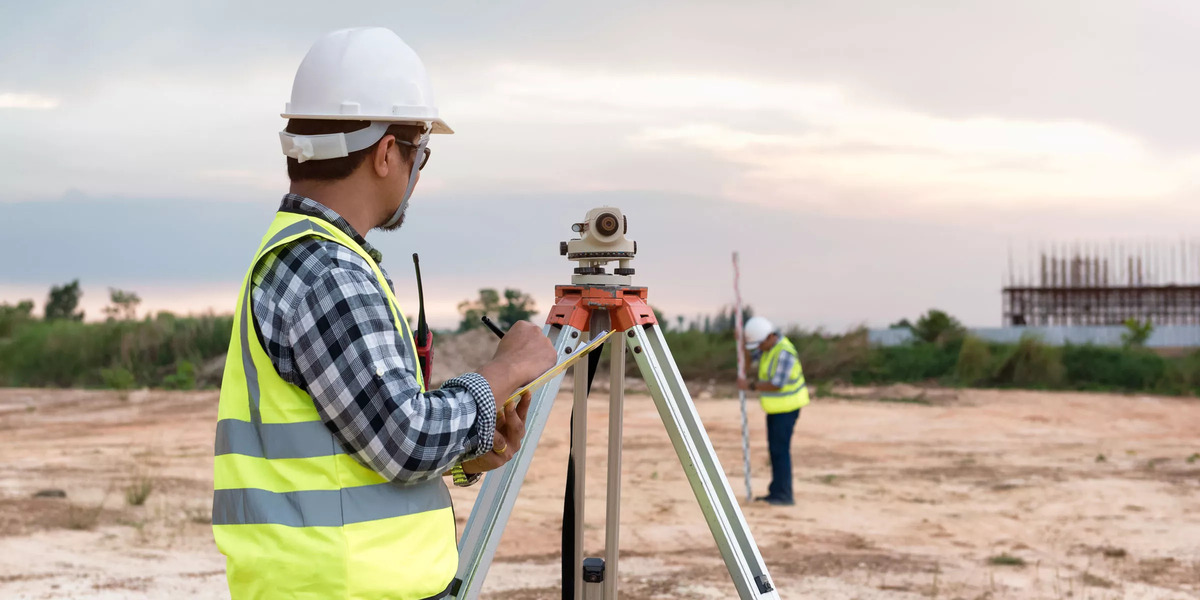

Building & Construction
What Does A Construction Surveyor Do
Modified: January 9, 2024
Discover the role and responsibilities of a construction surveyor in building construction. Learn how they ensure accuracy and quality throughout the construction process.
(Many of the links in this article redirect to a specific reviewed product. Your purchase of these products through affiliate links helps to generate commission for Storables.com, at no extra cost. Learn more)
Introduction
In the world of construction, precision and accuracy are paramount. Every building starts with a foundation, and that foundation begins with the work of a construction surveyor. Construction surveyors play a crucial role in the construction process, ensuring that the building is constructed according to precise measurements and specifications.
Construction surveyors are highly skilled professionals who are responsible for performing accurate measurements and calculations to determine the precise location and elevation of structures. They work closely with architects, engineers, and construction teams to ensure that the building aligns with the construction plans and meets all necessary requirements.
From the initial planning stages to the final inspection, construction surveyors are involved in every step of the building process. Their expertise and attention to detail are essential for creating stable and safe structures that stand the test of time.
In this article, we will dive deep into the role of a construction surveyor, exploring their responsibilities, the equipment and techniques they use, and the importance of compliance with building codes and regulations. We will also discuss the salary and job outlook for this profession, providing you with a comprehensive understanding of the world of construction surveying.
Key Takeaways:
- Construction surveyors play a crucial role in ensuring accurate measurements, compliance with building codes, and maintaining quality control throughout the construction process, contributing to the successful completion of safe and durable buildings.
- With competitive salaries and positive job prospects, construction surveyors can expect career advancement opportunities driven by continuous professional development and the demand for accurate surveying data in the construction sector.
Read more: What Is A Construction Surveyor
Role of a Construction Surveyor
The role of a construction surveyor is crucial in ensuring the accuracy and precision of a building project. They are responsible for providing accurate measurements, establishing reference points, and assisting in the layout of construction projects.
One of the primary roles of a construction surveyor is to conduct site surveys before the construction process begins. This involves gathering data to determine the boundaries, gradients, and contours of the construction site. They may also assess the existing structures and natural features that might impact the project.
Construction surveyors work closely with architects and engineers to translate construction plans and designs into physical form. They review engineering drawings, blueprints, and specifications to understand the scope and requirements of the project. They then use this information to set out the location and levels of the building and its components.
During the construction phase, surveyors continuously monitor and update the position and alignment of the building. They use specialized equipment, such as total stations and GPS devices, to measure and mark the construction site accurately. Surveyors ensure that the construction is in adherence to the approved plans and specifications, making adjustments as necessary.
Additionally, construction surveyors are involved in the verification and verification of structures and features during the construction process. They conduct critical checks to ensure that the building is aligned with the intended design, and that no errors or deviations occur throughout the construction phase.
Furthermore, construction surveyors are responsible for providing accurate elevation and slope information, which is essential for tasks such as grading, drainage, and foundation construction. They use advanced surveying techniques, such as laser scanning and digital modeling, to identify potential issues and facilitate efficient construction practices.
Overall, the role of a construction surveyor is to ensure precise measurements, proper alignment, and adherence to construction plans. Their work is vital for maintaining the structural integrity of the building and ensuring the safety and durability of the constructed project.
Responsibilities of a Construction Surveyor
A construction surveyor’s responsibilities encompass a wide range of tasks, all aimed at ensuring the accuracy and quality of the building project. They play a crucial role in the construction process, and their expertise is instrumental in maintaining the integrity of the structure. Here are some of the key responsibilities of a construction surveyor:
- Site Analysis and Measurement: Construction surveyors conduct thorough site analysis, taking accurate measurements and collecting data to determine the boundaries, gradients, and contours of the construction site. They use advanced measurement equipment, such as total stations and GPS devices, to ensure precision and accuracy in their measurements.
- Assisting with Construction Layout: Construction surveyors assist in the layout of the construction project by establishing reference points, aligning structures, and providing guidance to the construction team. They use surveying equipment and techniques to mark the location and levels of the building and its components.
- Monitoring Construction Progress: Throughout the construction process, surveyors continuously monitor and update the position and alignment of the building. They ensure that the construction is in accordance with the approved plans and specifications, making necessary adjustments as required.
- Verification and Validation: Construction surveyors perform critical checks to verify that the construction aligns with the intended design. They verify dimensions, angles, and elevations to ensure that the building is constructed accurately and adheres to the design plans and specifications.
- Elevation and Slope Determination: Construction surveyors are responsible for providing accurate elevation and slope information. This is essential for grading, drainage, and the construction of foundations. They use specialized surveying techniques, such as laser scanning and digital modeling, to assess and determine precise elevation and slope measurements.
- Safety and Compliance: Construction surveyors are responsible for ensuring that construction activities comply with safety regulations and building codes. They assess potential hazards on the site and provide guidance to the construction team to ensure a safe working environment.
- Quality Control: Construction surveyors maintain quality control throughout the construction process. They conduct regular inspections to identify any deviations or errors and work closely with the construction team to rectify any issues that may arise.
- Documentation and Reporting: Surveyors prepare detailed survey reports that document all measurements, data, and findings. These reports serve as important records for future reference and provide a comprehensive overview of the construction project.
Overall, a construction surveyor’s responsibilities are crucial in ensuring the accuracy, precision, and compliance of a construction project. Their expertise and attention to detail contribute to the successful completion of safe and structurally sound buildings.
Surveying Equipment and Techniques
To carry out their responsibilities effectively, construction surveyors rely on a variety of specialized equipment and techniques. These tools and techniques allow them to gather accurate measurements, analyze data, and ensure precise construction layouts. Here are some of the key surveying equipment and techniques used by construction surveyors:
- Total Stations: Total stations are electronic devices that combine a theodolite (a device for measuring angles) and an electronic distance measuring (EDM) instrument. They enable construction surveyors to measure angles and distances with high accuracy, providing essential data for construction layout and verification.
- Global Positioning System (GPS): GPS technology uses satellites to determine precise positions. Construction surveyors use GPS receivers to establish reference points, collect data, and measure distances. GPS provides efficient and accurate surveying capabilities, especially in large-scale construction projects.
- Laser Scanners: Laser scanning technology allows construction surveyors to capture detailed 3D images of buildings and construction sites. By emitting laser beams and measuring the reflections, laser scanners create highly accurate and detailed point clouds that can be used for site analysis, as-built surveys, and clash detection.
- Automatic Levels: Automatic levels are essential tools for determining precise elevations and setting up horizontal planes. They use a built-in compensator to ensure accurate readings. Construction surveyors use automatic levels to establish reference points, establish grades, and measure height differences.
- Data Collectors: Data collectors are handheld devices used to collect and manage survey data in the field. They are equipped with software that allows surveyors to input measurements and observations directly, improving workflow efficiency and reducing errors.
- Geographic Information System (GIS): GIS technology combines geospatial data with advanced mapping and analysis tools. Construction surveyors use GIS to manage, analyze, and visualize survey data, providing valuable insights for decision-making and project management.
- Remote Sensing: Remote sensing techniques, such as aerial photography and LiDAR (Light Detection and Ranging), provide valuable data for construction surveyors. Aerial imagery and LiDAR data help in site analysis, topographic mapping, and identifying potential challenges in the construction site.
- Surveying Software: Construction surveyors utilize various software applications designed specifically for surveying tasks. These software programs assist in data processing, analysis, and report generation, automating repetitive tasks and improving overall efficiency.
These are just a few examples of the wide range of surveying equipment and techniques available to construction surveyors. The technological advancements in the field of surveying have greatly enhanced the accuracy and efficiency of construction surveying processes, ensuring precise measurements and layouts for better construction outcomes.
Working with Construction Teams
Construction surveyors play an integral role in the construction process, and as such, they collaborate closely with various members of the construction team to ensure a smooth and successful project. Here are some key aspects of working with construction teams as a construction surveyor:
- Collaboration with Architects and Engineers: Construction surveyors work closely with architects and engineers to understand the design plans and specifications. They review engineering drawings and blueprints, align construction layouts with the design, and provide input on the feasibility of the plans.
- Communication with Project Managers: Effective communication with project managers is crucial for construction surveyors. They provide regular updates on the progress and any changes in the construction layouts or measurements. This ensures that the project stays on track and addresses any potential issues or delays promptly.
- Coordination with Construction Crews: Construction surveyors coordinate with the construction crews on-site to ensure that the construction is aligned correctly and according to the approved plans. They provide guidance on setting out the building, adjusting measurements if required, and resolving any issues that may arise during the construction process.
- Collaboration with Quality Control Inspectors: Construction surveyors work hand in hand with quality control inspectors to ensure that the construction meets the required standards. They provide accurate measurements and verification of the construction progress and assist in identifying any deviations from the approved plans.
- Consultation with Subcontractors: Subcontractors, such as electricians, plumbers, and HVAC technicians, rely on accurate construction layouts and measurements provided by surveyors. Construction surveyors consult with subcontractors to ensure that the necessary infrastructure, such as electrical and plumbing systems, are correctly positioned based on the construction plans.
- Collaboration with Health and Safety Personnel: Safety is a top priority in construction, and construction surveyors collaborate with health and safety personnel to identify potential hazards related to the construction layout. They provide guidance on safely navigating the construction site and help establish safety protocols for construction activities.
- Interaction with Clients: Construction surveyors may interact with clients to explain the surveying processes and provide updates on the construction progress. They address any concerns or questions the clients may have and ensure that the construction aligns with the client’s expectations and requirements.
Working closely with the construction team is essential for construction surveyors to carry out their responsibilities effectively. Collaboration, communication, and coordination with various stakeholders ensure that the construction project proceeds smoothly, adheres to the design plans, and meets the required standards of quality and safety.
A construction surveyor is responsible for accurately measuring and mapping out the land before and during construction. They ensure that the building is in the right location and meets all legal requirements.
Read more: What Is A Quantity Surveyor In Construction?
Preparing Survey Reports
One of the important tasks of a construction surveyor is to prepare detailed survey reports that document the measurements, findings, and progress of the construction project. These reports serve as crucial documentation and reference for various stakeholders involved in the construction process. Here are the key aspects of preparing survey reports as a construction surveyor:
- Data Compilation and Analysis: Construction surveyors gather and compile data collected from various surveying techniques and equipment. They analyze the data to ensure accuracy and consistency, cross-referencing measurements and calculations to ensure precision in the final report.
- Documenting Measurements and Layouts: Survey reports include comprehensive documentation of all measurements taken during the construction project. This includes both horizontal and vertical alignments, elevation benchmarks, and any adjustments made during the construction process.
- As-Built Surveys: As the project progresses, construction surveyors conduct as-built surveys to document any deviations or changes from the original design plans. They capture and record changes in the as-built survey report, ensuring that accurate information is available for future reference or renovations.
- Clear Reporting: Survey reports are prepared in a clear and concise manner, utilizing industry-standard terminology, notations, and symbols. The information presented in the report should be easily understood by construction professionals, clients, and other stakeholders who may need to refer to the report.
- Graphical Representation: Survey reports often include graphical representations such as 2D or 3D drawings, contour maps, and digital models. These visual aids provide a clear understanding of the construction layout, facilitate data interpretation, and assist in identifying any potential issues or discrepancies.
- Quality Assurance: Construction surveyors conduct thorough quality checks on survey reports to ensure accuracy and consistency. They verify the data, review calculations, and perform a final review before submitting the report to ensure that it meets the required standards of quality.
- Timely Completion and Submission: Survey reports should be completed in a timely manner to keep all stakeholders informed of the progress of the construction project. Construction surveyors ensure that the reports are submitted on time to allow for proper analysis, decision-making, and coordination among the construction team.
Preparing accurate and comprehensive survey reports is crucial for maintaining a record of the construction project and ensuring that the construction aligns with the approved plans and specifications. These reports serve as essential documentation for future reference, potential legal disputes, maintenance, and renovations, providing a reliable source of information for the building and its components.
Quality Control and Assurance
Quality control and assurance are essential aspects of a construction surveyor’s role. By implementing rigorous quality control measures, construction surveyors ensure that the construction project meets the required standards of quality and accuracy. Here are the key elements of quality control and assurance in construction surveying:
- Verification of Construction Layout: Construction surveyors verify the accuracy of the construction layout by conducting precise measurements and comparing them to the approved plans and specifications. Any deviations or discrepancies are identified and addressed promptly to ensure proper alignment.
- Regular Inspections and Checks: Construction surveyors conduct regular inspections throughout the construction process to ensure that all measurements, angles, and elevations are within the allowable tolerances. They check for any errors or deviations and work closely with the construction team to rectify any issues that may affect the integrity and safety of the structure.
- Quality Checks on Survey Equipment: Construction surveyors perform regular maintenance and calibration of surveying equipment to ensure accurate measurements. They verify the precision and functionality of the equipment to minimize errors and ensure reliable data collection.
- Review of Survey Data: Construction surveyors review and analyze survey data to evaluate its accuracy and consistency. They cross-check measurements and calculations, compare data from different surveying techniques, and address any discrepancies or outliers that may affect the overall quality of the construction project.
- Communication with Stakeholders: Construction surveyors maintain open and effective communication with all stakeholders, including architects, engineers, project managers, and subcontractors. They provide regular updates on the quality control measures being implemented and address any concerns or questions regarding the construction layout or survey data.
- Adherence to Building Codes and Regulations: Construction surveyors ensure that the construction project complies with applicable building codes, regulations, and industry standards. They verify that all measurements, layouts, and construction activities meet the necessary requirements to ensure the safety, durability, and functionality of the structure.
- Continuous Improvement: Construction surveyors are committed to ongoing professional development and staying up to date with the latest advancements in surveying technology and techniques. They seek opportunities for learning and improvement, implementing best practices to enhance the quality control and assurance processes.
By implementing robust quality control and assurance measures, construction surveyors help minimize errors, ensure accurate construction layouts, and maintain the integrity of the building project. Their attention to detail and commitment to excellence contribute to the successful completion of high-quality, safe, and durable structures.
Ensuring Compliance with Building Codes and Regulations
Compliance with building codes and regulations is a critical responsibility of construction surveyors. They play a vital role in ensuring that the construction project meets the required standards set by local, regional, and national building authorities. Here are the key aspects of ensuring compliance with building codes and regulations as a construction surveyor:
- Familiarity with Building Codes: Construction surveyors must have a deep understanding of building codes and regulations applicable to the construction site. They stay updated with the latest codes and requirements to ensure that the construction is in full compliance with the relevant standards.
- Code Interpretation: Construction surveyors interpret and apply building codes to the specific construction project. They review the construction plans, assess the site conditions, and verify that the proposed design aligns with the requirements outlined in the building codes.
- Identification of Non-Compliance: Construction surveyors assess the construction site and monitor the construction progress to identify any non-compliance with building codes and regulations. They pay close attention to critical areas such as structural integrity, fire safety, accessibility, and environmental considerations.
- Collaboration with Architects and Engineers: Construction surveyors work closely with architects and engineers to ensure that the design plans adhere to the relevant building codes and regulations. They provide input during the design phase to address any potential non-compliance issues and suggest appropriate modifications.
- Alignment with Regulatory Authorities: Construction surveyors collaborate with regulatory authorities and building inspectors to obtain necessary permits and approvals. They provide accurate survey data and documentation to demonstrate compliance with building codes and regulations.
- Monitoring Construction Activities: Construction surveyors actively monitor the construction activities to ensure ongoing compliance with building codes and regulations. They verify that materials used, construction methods employed, and installations performed meet the required standards.
- Documentation and Reporting: Construction surveyors document and maintain records of all measurements, data, and inspections related to compliance with building codes. They prepare comprehensive reports that demonstrate adherence to the regulatory requirements, providing necessary evidence for inspections and audits.
- Continuous Education and Training: Construction surveyors engage in ongoing education and training to stay up to date with evolving building codes and regulations. They attend seminars, workshops, and industry conferences to enhance their knowledge and expertise in ensuring compliance.
By ensuring compliance with building codes and regulations, construction surveyors contribute to the overall safety, quality, and functionality of the constructed project. Their meticulous attention to detail, thorough knowledge of regulations, and collaboration with regulatory authorities help create buildings that meet the necessary standards and provide a safe and secure environment for occupants.
Construction Surveyor Salary and Job Outlook
Construction surveyors play a crucial role in the construction industry, and their expertise and skills are in high demand. The salary of a construction surveyor can vary based on various factors such as experience, location, and employer size. However, in general, construction surveyors can expect competitive salaries and positive job prospects. Here’s an overview of the construction surveyor salary and job outlook:
Salary: According to the Bureau of Labor Statistics (BLS), the median annual wage for surveyors, which includes construction surveyors, was $63,420 as of May 2020. However, it’s important to note that salaries can vary significantly based on a surveyor’s experience and geographical location. Construction surveyors with specialized skills and extensive experience may earn higher salaries.
Experience: As with many professions, experience plays a significant role in determining a construction surveyor’s salary. Entry-level surveyors may start at a lower salary, while those with several years of experience and a proven track record in the industry can command higher compensation packages. Continuous professional development and obtaining relevant certifications can also contribute to salary progression.
Location: Salary levels can vary based on the geographical location of the construction surveyor. Factors such as cost of living, demand for surveyors in the area, and local industry conditions can impact salary ranges. Major urban areas and regions with a high level of construction activity may offer higher salaries to attract skilled surveyors.
Employer Size: The size and type of employer can also affect construction surveyor salaries. Large construction firms with extensive projects and higher budgets may offer higher salaries and additional benefits such as bonuses and profit sharing opportunities. Government agencies, engineering firms, and consulting companies may also provide competitive compensation packages for construction surveyors.
Job Outlook: The job outlook for construction surveyors is generally positive. The BLS projects a 2% growth in employment for surveyors from 2019 to 2029, which is slower than the average for all occupations. However, due to retirements and the need to replace surveyors in the construction industry, there will be opportunities for new surveyors to enter the field. Additionally, advancements in technology and the demand for accurate surveying data in construction projects contribute to job stability.
In summary, construction surveyors can expect competitive salaries, particularly with experience and specialized skills. The demand for construction surveyors remains steady, providing good job prospects in the industry. Continuous professional development, staying up to date with advancements in surveying technology, and obtaining relevant certifications can further enhance career opportunities for construction surveyors.
Read more: What Does A Developer Do In Construction
Conclusion
Construction surveyors are indispensable professionals in the field of building construction. They play a vital role in ensuring accuracy, precision, and compliance throughout the construction process. From site analysis and layout to quality control and compliance with building codes, construction surveyors contribute to the successful completion of safe, durable, and structurally sound buildings.
Throughout this article, we have explored the various responsibilities and tasks performed by construction surveyors. They conduct detailed site analysis, collaborate with architects and engineers, and use specialized equipment and techniques to gather accurate measurements and establish construction layouts. Additionally, construction surveyors play a crucial role in ensuring compliance with building codes and regulations, maintaining quality control and assurance, and preparing comprehensive survey reports.
The salary and job outlook for construction surveyors are optimistic, with competitive salaries based on experience, location, and employer size. Career advancement opportunities and stability in the industry are driven by continuous professional development and the demand for accurate surveying data in the construction sector.
To excel in their role, construction surveyors must possess not only technical expertise in surveying techniques and equipment but also effective communication and collaboration skills. Working closely with construction teams, architects, engineers, and regulatory authorities is essential to ensure coordination, accuracy, and adherence to standards.
In conclusion, construction surveyors are vital contributors to the construction industry. Their expertise ensures that buildings are constructed with precision, safety, and compliance. By bridging the gap between design and reality, construction surveyors play a significant role in shaping the built environment and ensuring the satisfaction and safety of clients and occupants alike.
Frequently Asked Questions about What Does A Construction Surveyor Do
Was this page helpful?
At Storables.com, we guarantee accurate and reliable information. Our content, validated by Expert Board Contributors, is crafted following stringent Editorial Policies. We're committed to providing you with well-researched, expert-backed insights for all your informational needs.
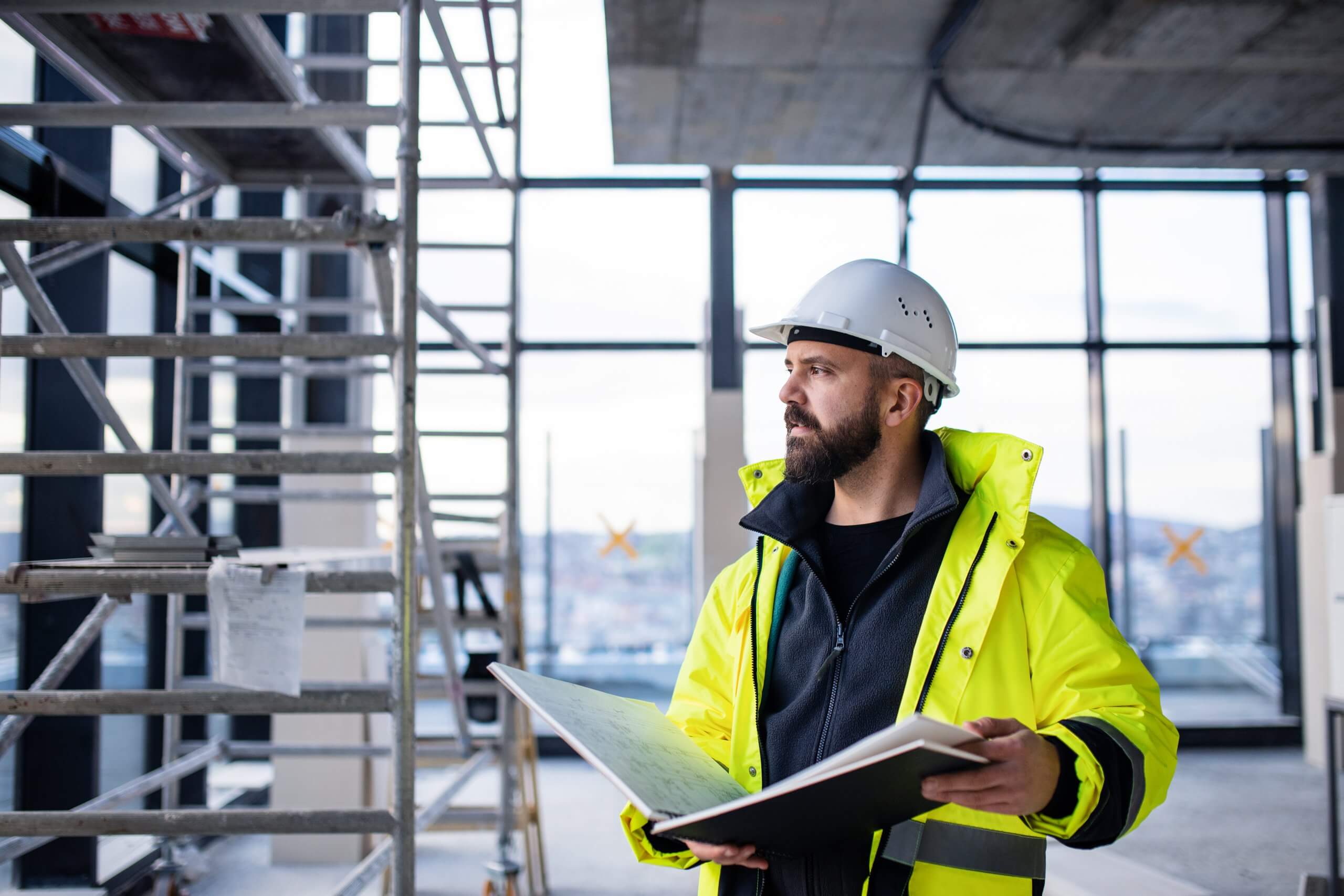
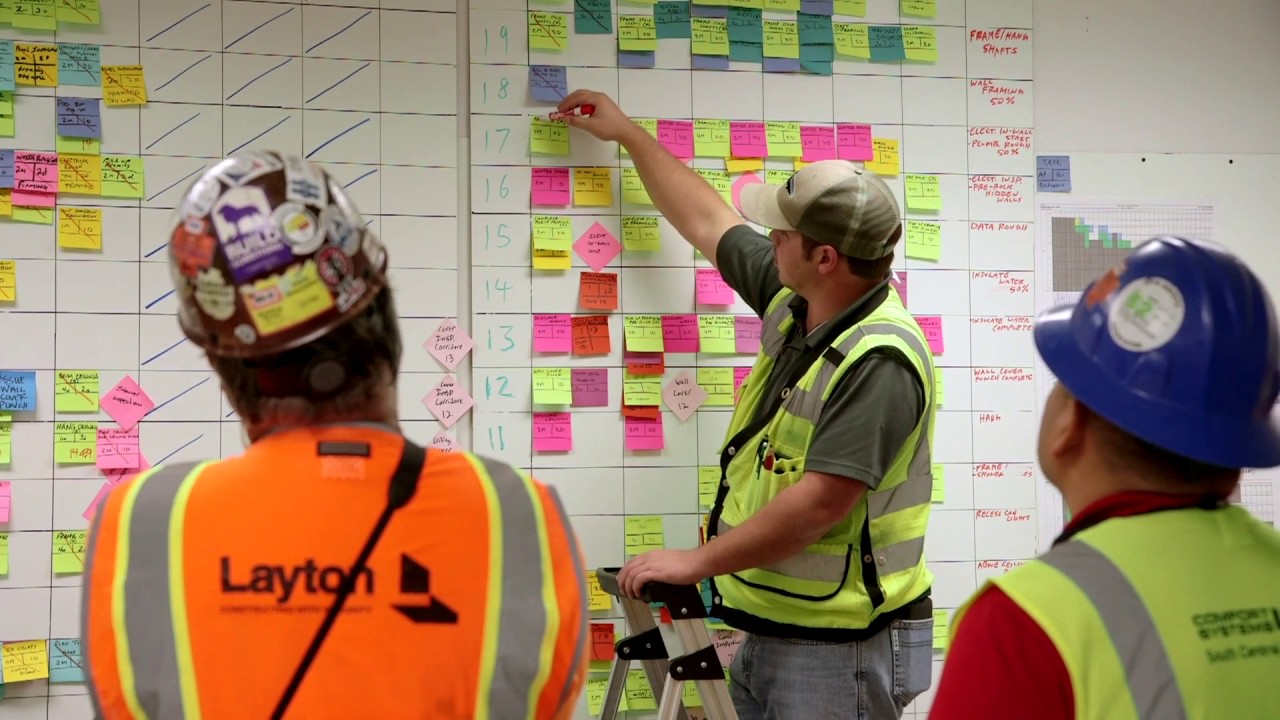
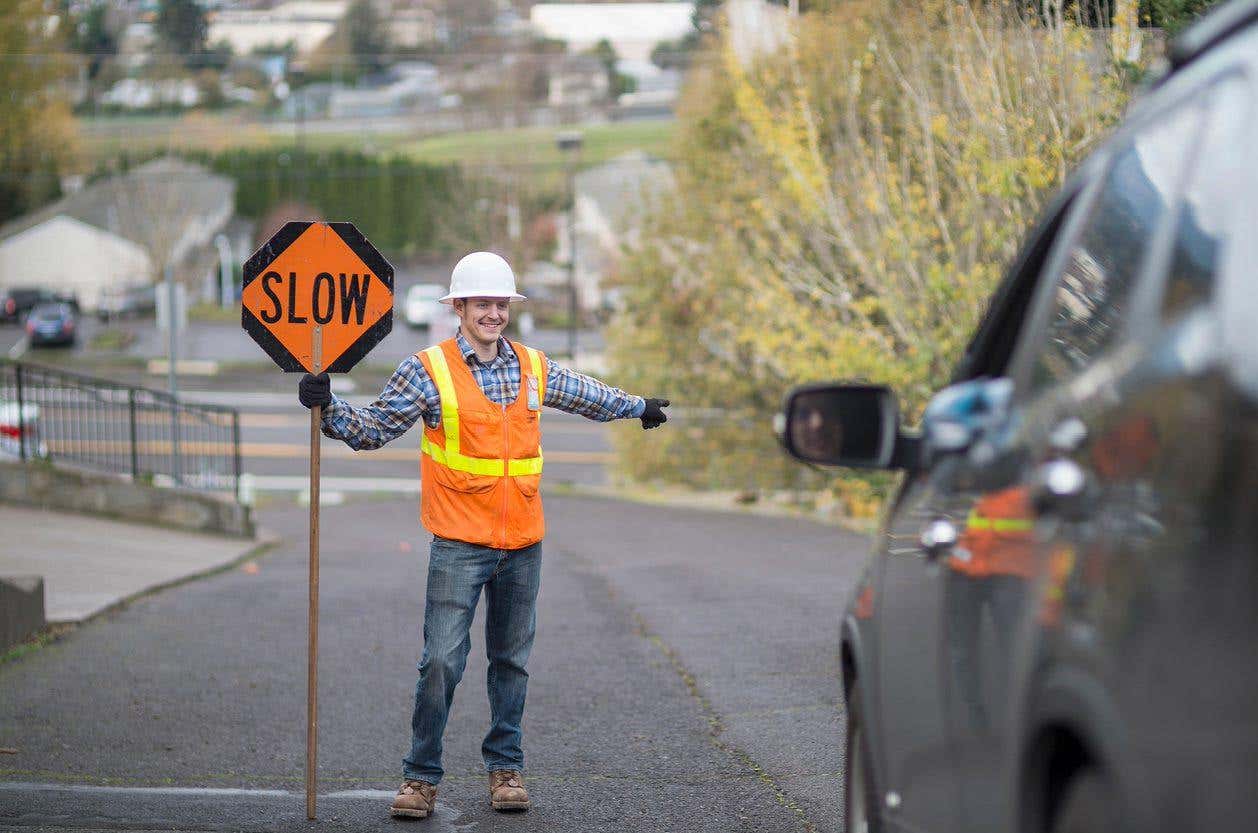

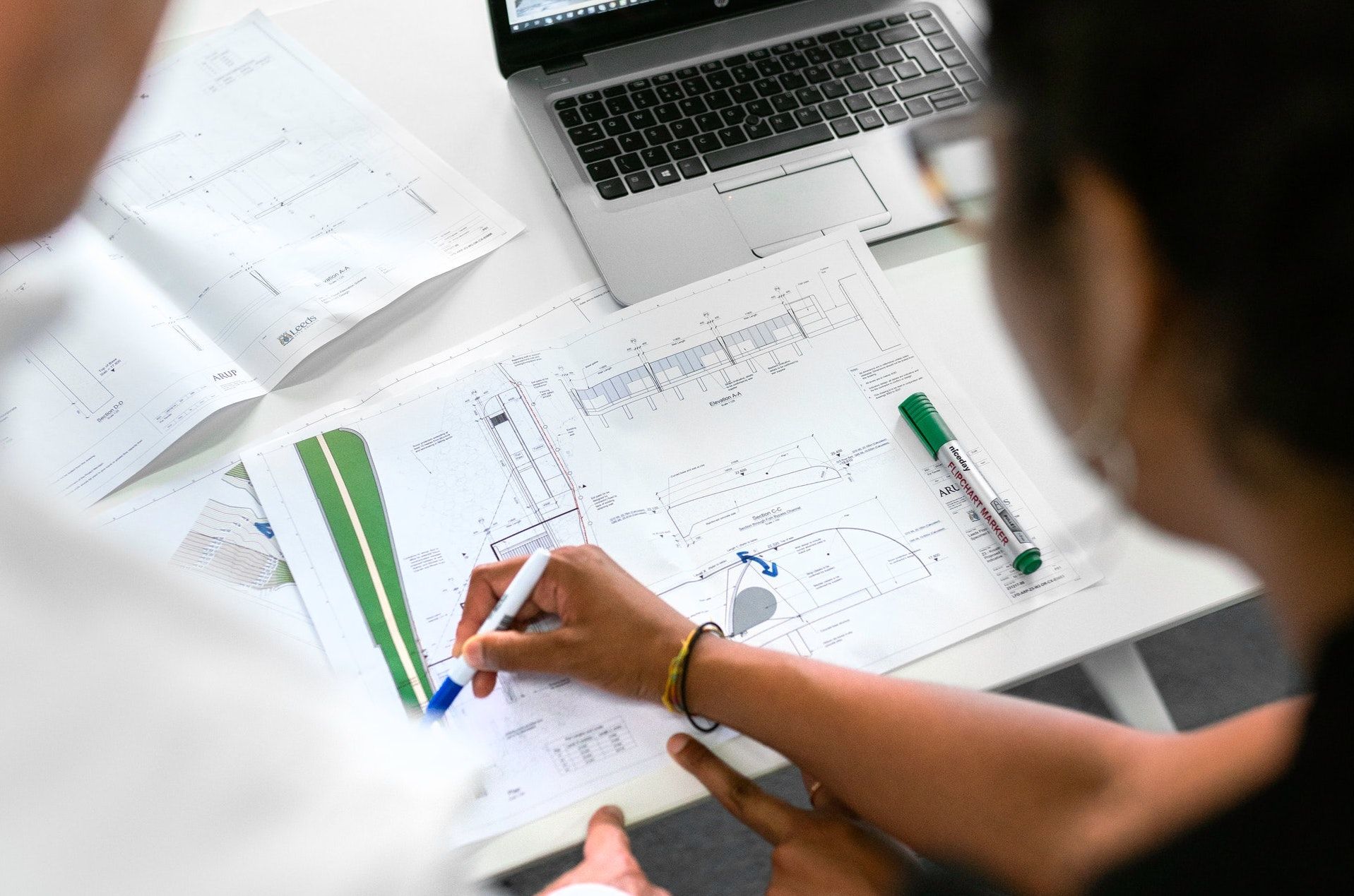

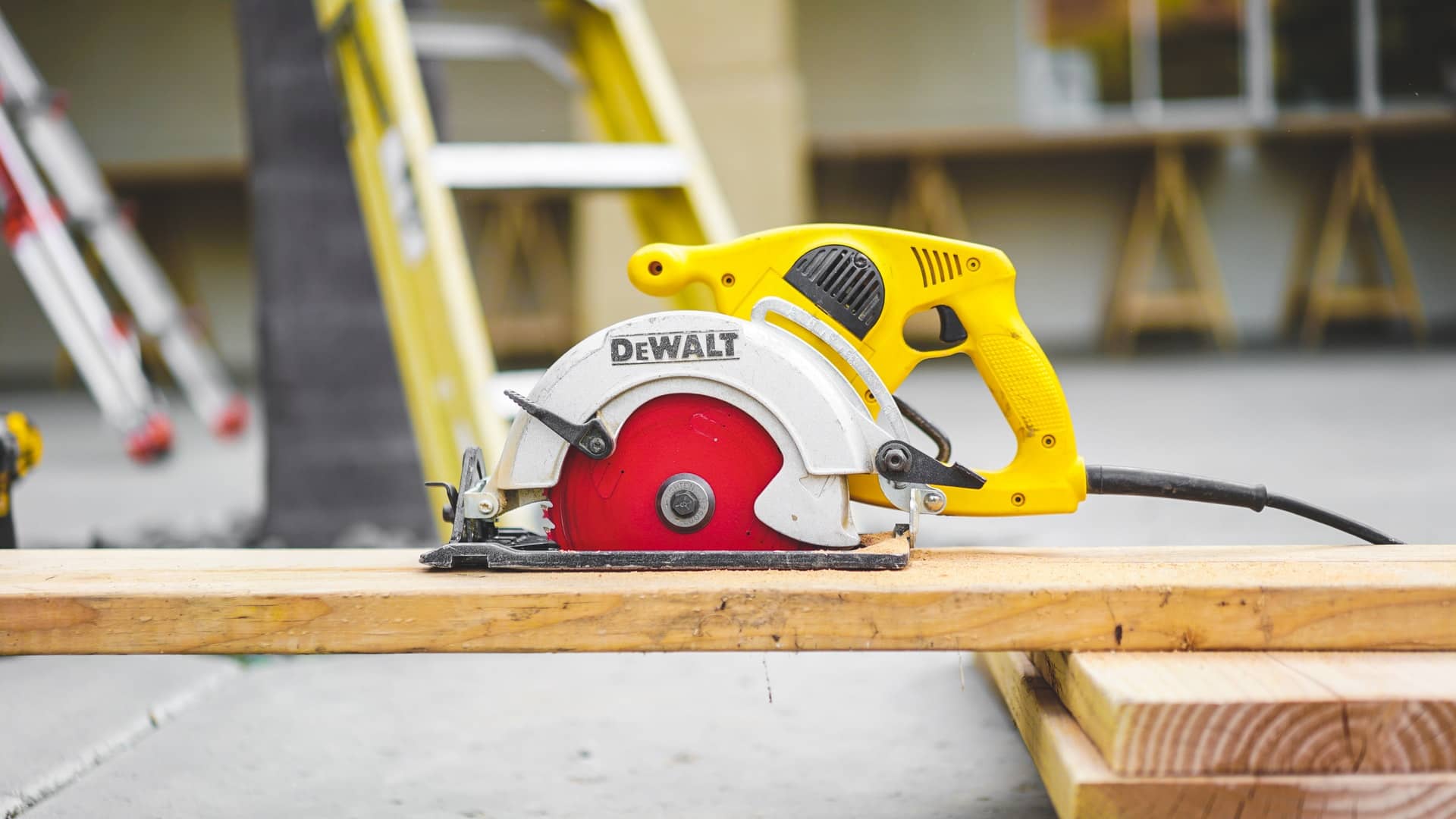
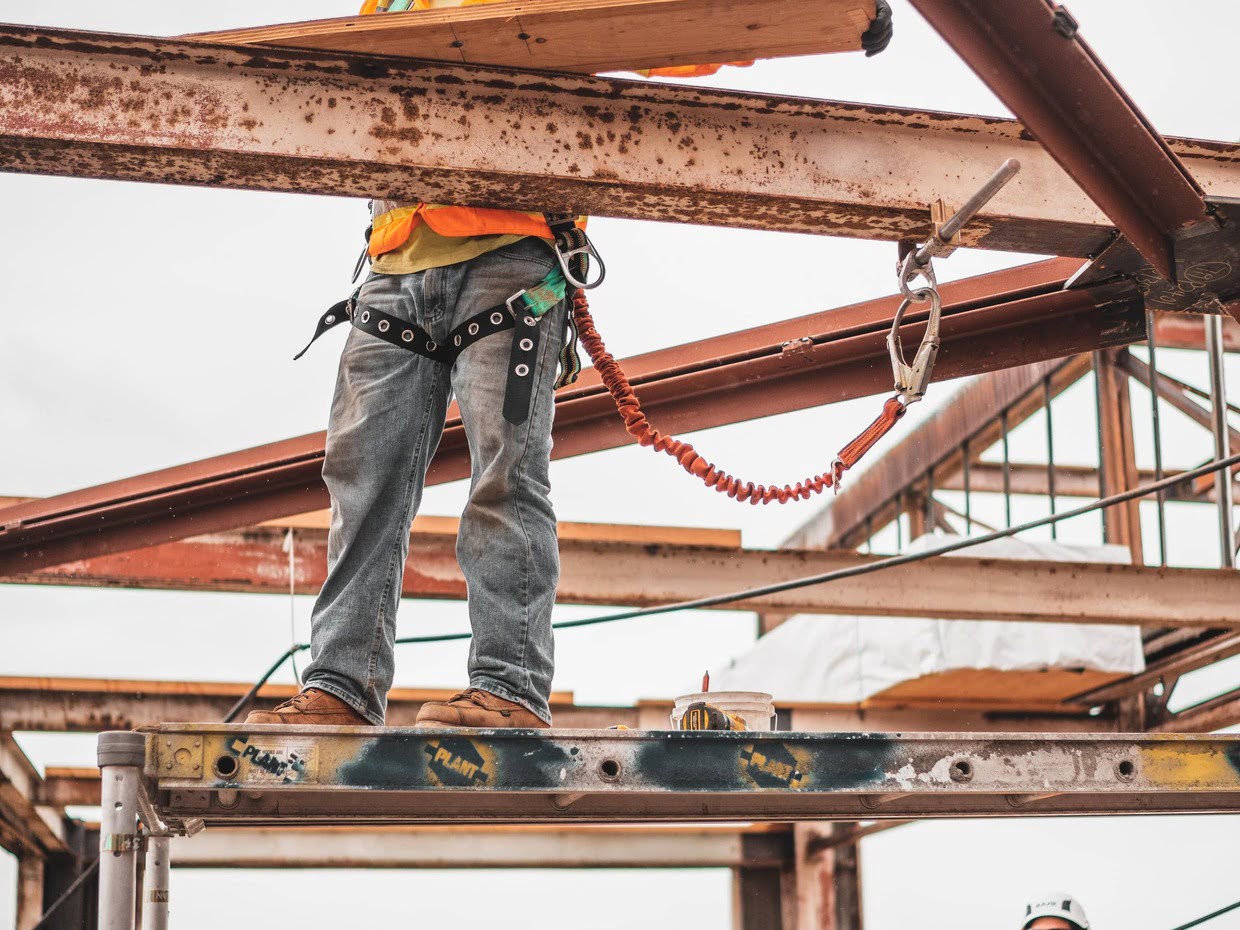
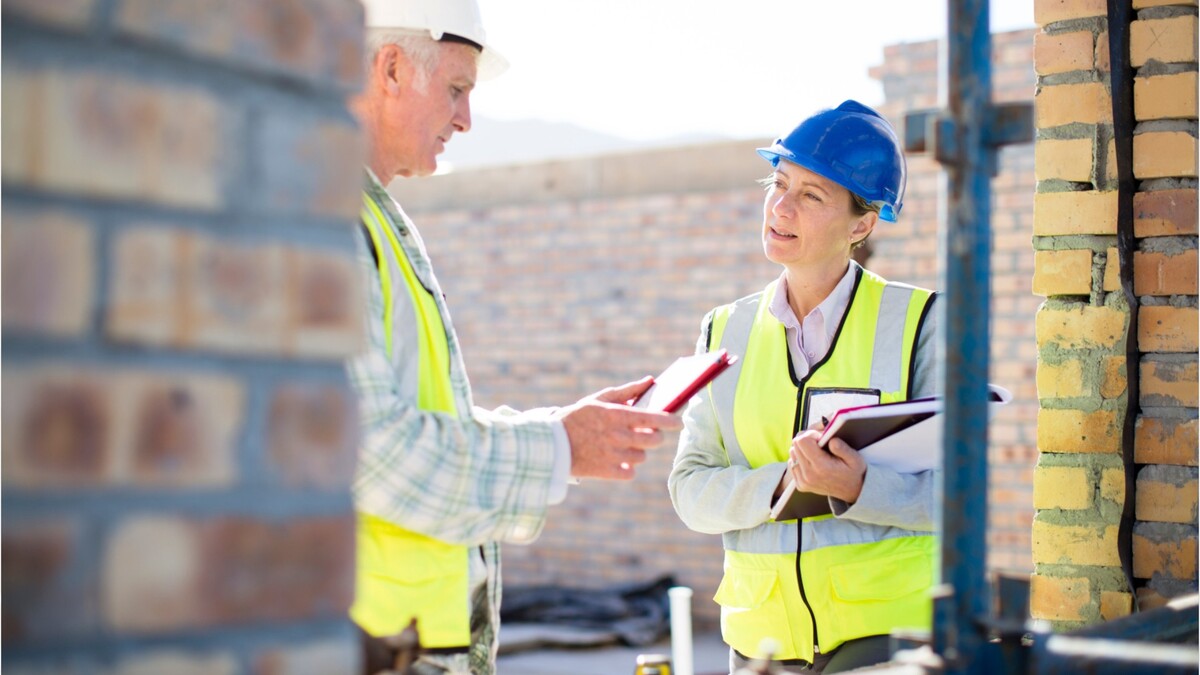
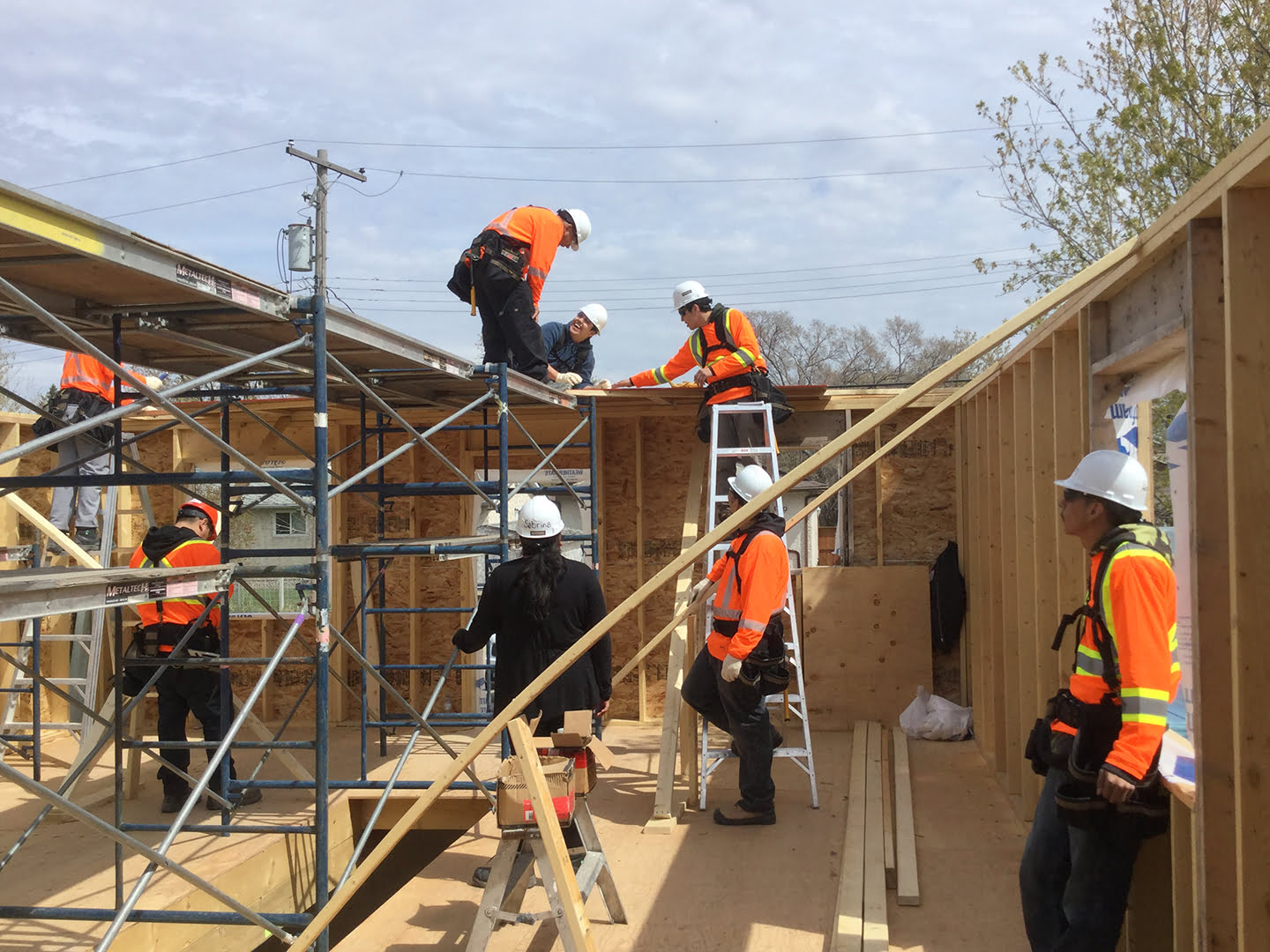
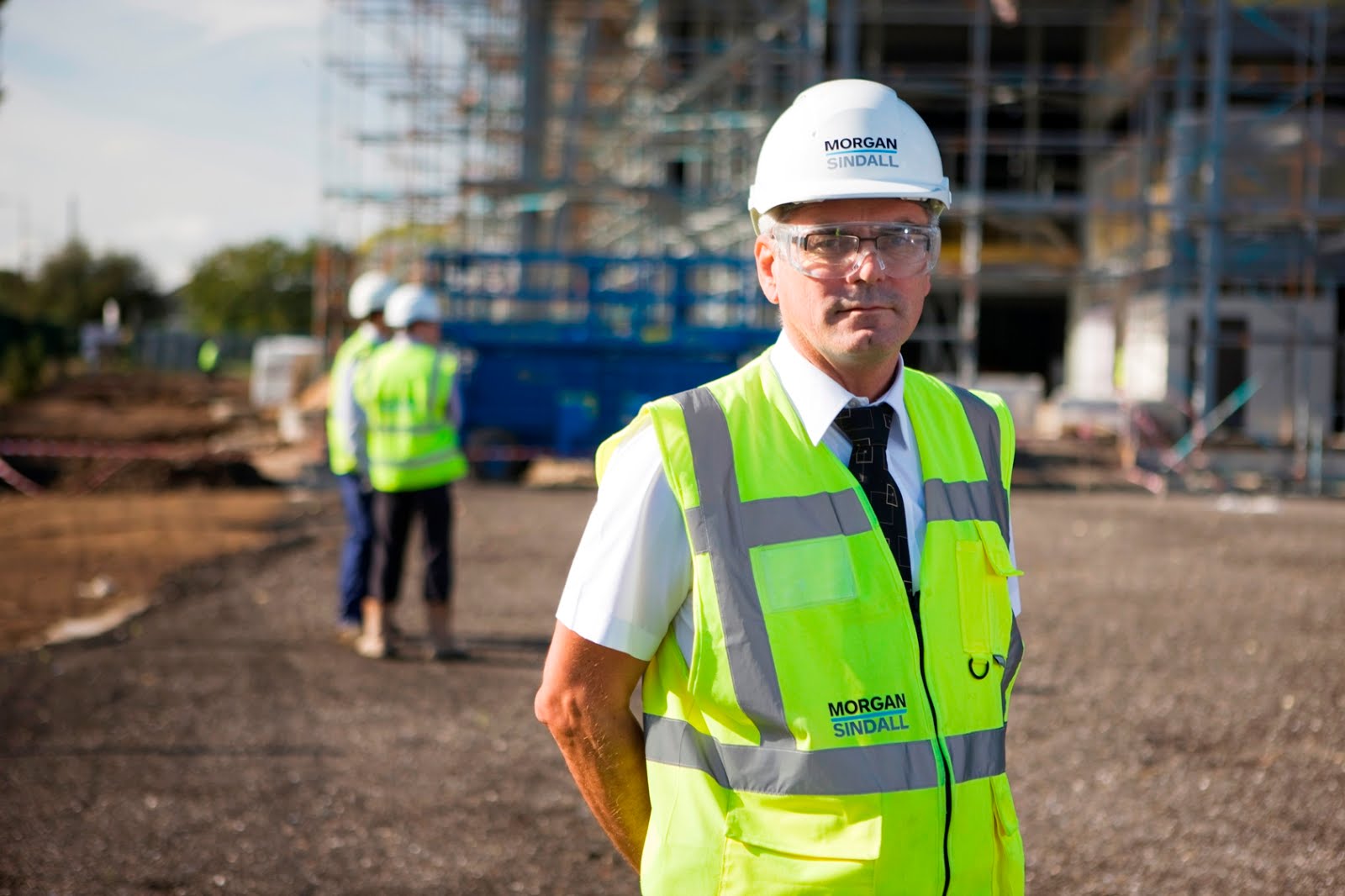

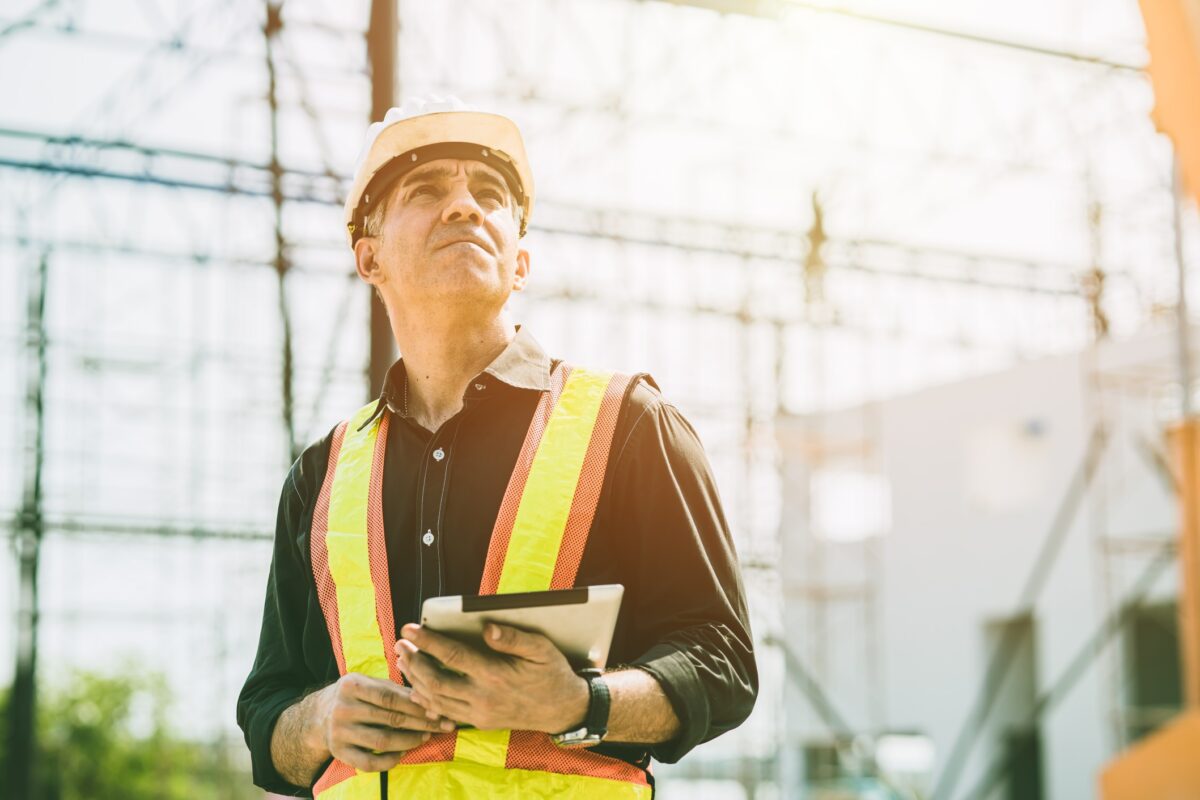

0 thoughts on “What Does A Construction Surveyor Do”